5 Reasons Why European Cars Aren’t Big Sellers In America
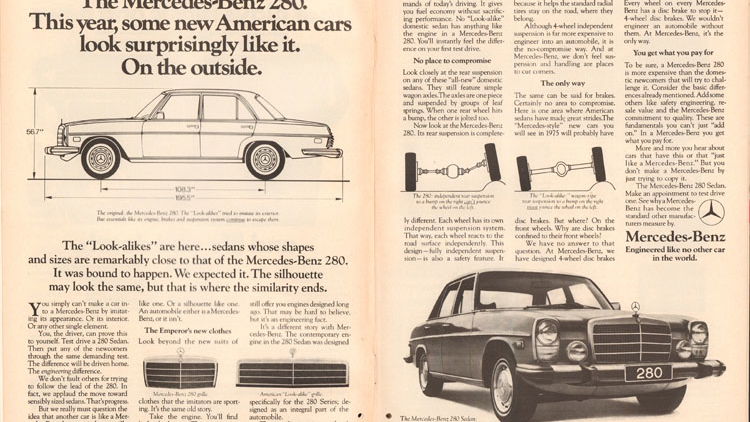
I’ve not had the pleasure of visiting England, or France, or Germany, or anywhere outside North America. That’s unfortunate, because I have car buds all around the world that I’d love to hang out with more than once a year, or worse, online in a Gran Turismo 6 lobby. That’s not to say I don’t know anything about the global car scene. It’s pretty much my job to have at least a few fingers on the international automotive pulse, albeit with an American perspective.
Which brings me to the crux of this article—why European cars, in their current form anyway, will never be a big hit in the United States.
Now, when I say European cars, I’m not just talking about the BMWs, Audis, Mercs and VeeDubs that we get. I’m also talking about the stuff we don’t get, and frankly that makes me a bit jealous at times. At least we’re finally getting the cool Focus RS, but I’d get a kick out of wheeling around in a Citroen C4 diesel. For a little while, anyway.
Sadly, my views place me among a minority of Americans. Since many CTzens don’t hail from the United States, let me tell you a bit about why we’re not terribly interested in European cars.
1. Government regulations
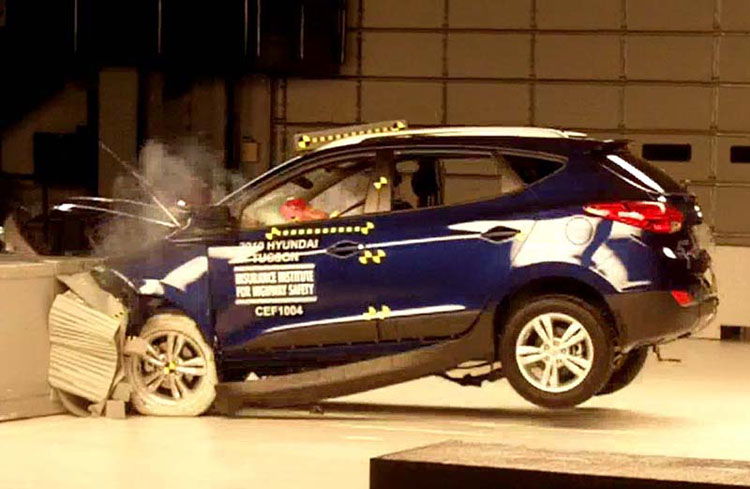
For starters, doing business in the United States isn’t that easy when it comes to cars. We have rigorous crash standards to meet that require all kinds of testing, and for many manufacturers it’s just not worth the effort. We also have different emission and economy standards to meet, the latter of which I find particularly amusing since there are no shortage of small diesel hatchbacks on the other side of the planet easily capable of topping 50mpg. Personally I feel they’re a better alternative to the batch of hybrid or all-electric vehicles currently being worshipped here in the States. But again, I’m the minority.
By comparison, my dad is positively giddy because his 2015 Chevrolet Silverado extended cab 4WD pickup truck gets 21mpg. Yeah, we’re talking about a 2500-pound car with 1.6 diesel versus a 5500-pound truck with a 5.3-litre V8, but still, 21 mpg is good fuel mileage to the average American. And this brings me to the next point.
2. We like our big vehicles
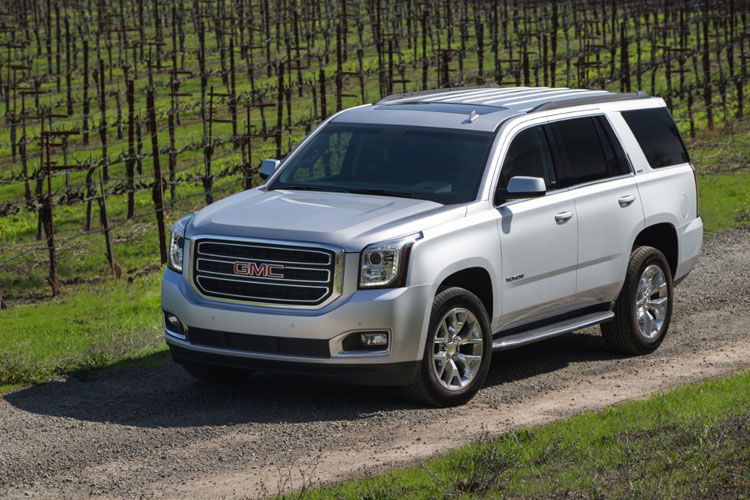
Overall, American cars are smaller and most definitely more buttoned down in the handling department than they used to be, and that’s good for enthusiasts. But most Americans still equate size with luxury and performance, while small cars are looked upon as basic or entry-level, no matter how awesome they are.
That’s why we never got cars like the Cosworth Escort, or the Lancia Delta Integrale, and it’s also why it took so long for the Focus RS to arrive. Never mind the amazing performance of these machines—in the eyes of most American car buyers they’re still just small, entry-level compact cars. And who’s going to pay $35,000 for a tiny car like that when you can buy a mid-size Chevrolet Traverse SUV or a V6 Dodge Charger for the same amount?
3. We like our power
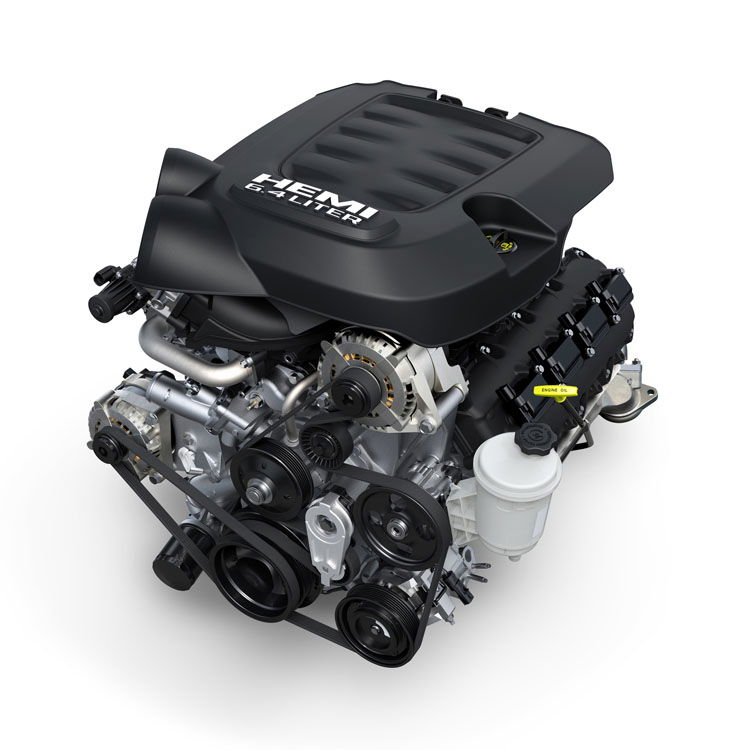
In a similar fashion, this is why we don’t have fleets of diesel hatchbacks. Through the 1970’s and 1980’s we didn’t have much choice but to accept the low-horsepower cars that were given to us, but they still had some hefty torque so they felt muscular, even if they were still taking 10 seconds to hit 60 mph. That’s why turbocharged cars like the SVO Mustang and even the Grand National weren’t big hits through the 1980s, despite their performance envelopes that equaled, or with the Grand National, exceeded their V8 counterparts.
And as long as petrol remains cheap, that’s the way things will stay in America. Even back in 2009 when our petrol prices topped $4 a gallon, many people kept right on trucking with their SUVs getting 13 mpg, paying $100 every couple days to fill the tank. And I know many of you are reading this and thinking that $4 is cheap, but that doesn’t matter to drivers who equate their success with the size of their vehicle. At least the whole ordeal was a wake-up call in America that fuel economy does matter, and small, efficient cars can also be nice, fun, functional vehicles. The vast majority of American buyers still weigh horsepower over efficiency though, and as long as that’s the case, we’ll never see the ultra-efficient diesels so common throughout Europe.
4. Expensive to own with limited support
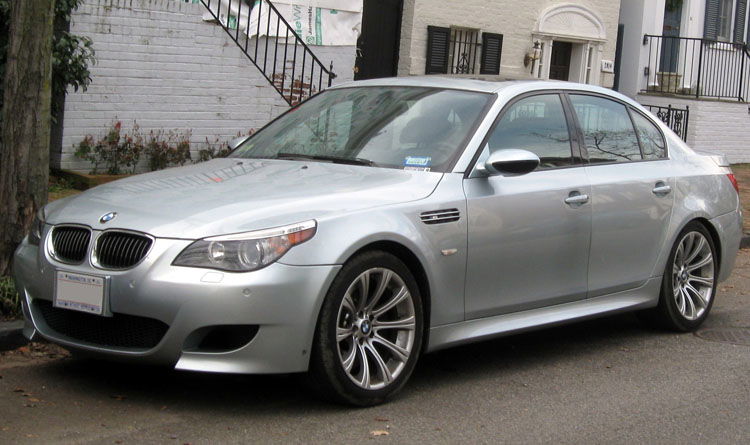
For the mainstream European cars we do get - Audi, BMW, Mercedes-Benz and Volkswagen - they do cost a rather tidy sum of money. Well, not so much with the VWs, but for most Americans looking at vehicles with price points over $50,000, their attention is still with luxury pickup trucks and SUVs. I know it sounds ridiculous to those who’ve not sampled such vehicles, but a brand new Ford F-150 Platinum Crew Cab easily seats five big adults, and it’s not exactly a barebones work truck. Packed with leather and all the modern technologies found in luxury cars, it’s a viable choice for an American family looking to spend $60,000 on a vehicle with good straight line performance, long-distance comfort, gobs of luxury options, four-wheel drive, and the ability to tow a small town.
Meanwhile, the same $60,000 buys a modest midsize E-class Merc, a nicely equipped Audi SQ5 crossover, or a well-optioned BMW X5 SUV. I’m not directly comparing an F-150 to these makes - completely different vehicles for different purposes. I’m just pointing out what American shoppers see - comparable luxury levels, strong straight-line performance, and though it’s a body-on-frame truck, there’s a surprising amount of refinement. Beyond that, the F-150 will fare significantly better in terms of depreciation. And F-150 owners can find parts and/or a Ford dealership in every American town. Outside of major cities, finding support for the German brands can be tough and repair costs are almost always much higher.
5. More bang for the buck
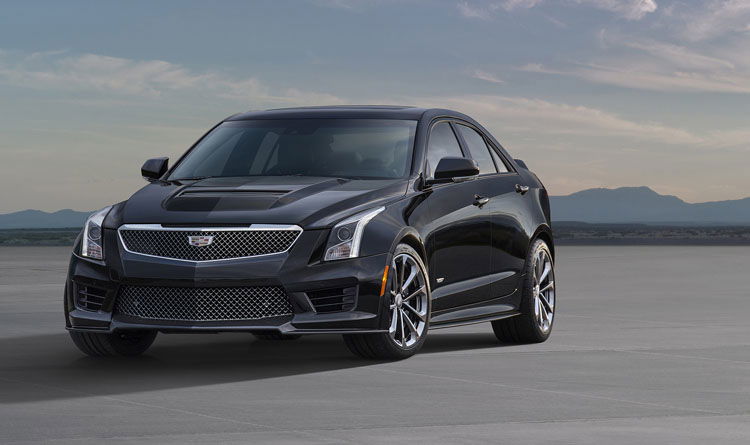
For those American buyers who do want performance in their practical automobiles, you’ve got the Dodge Charger SRT 392 sport sedan with 485bhp and an eight-speed auto for $50,000. If that’s too unrefined, the 464bhp Cadillac ATS-V sells for $60,000; it does 0-60 in under four seconds and matches the Germans for luxury and quality. To get comparable vehicles from Germany, you need to spend quite a bit more and get something with either an AMG or M badge. And those are just a couple examples.
I’m not saying cars are better or worse on either side of the pond. European designs and trends have certainly influenced American manufacturers, and I consider that a very good thing. But from an American perspective, the everyday European cars just don’t fit, and the high-end models just cost too much.
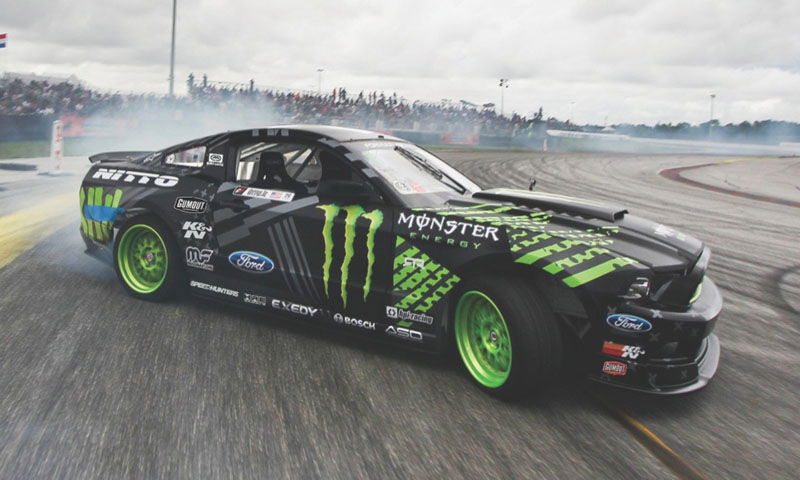

Comments
I’m not American or European, so I shouldn’t be too biased here. The reasons for Americans not buying European cars are cultural and environmental, America is a very big country with a lot of long straight roads and very cheap fuel. Handling isn’t particularly important, American cars tend to be big and powerful with soft suspension for soaking up expansion gaps in their concrete highways. Mass market European cars don’t have these attributes because European roads and driving habits are different. You could have a big German sedan that would work perfectly well in America but being luxury cars, they’re out of reach for the average American, and they don’t appeal to many American luxury buyers either. Americans have long associated size with luxury, it’s been that way since the post war Cadillac and Lincoln land yachts, And that makes sense. In America you’ve got the space to use them and cheap petrol to run them. Conversely you could never own an Escalade in Europe because you’d never find a big enough parking space and the fuel bill would bankrupt you.
The bottom line is that cars reflect the country they were designed for and they are all very good at what they do. Europe and America are just two examples.
this post directly contradicts itself, starting by saying: that americans want safe , reliable and economic cars, then going on about wanting: big powerfull cheap cars.
my opinion is that americans have some twisted view that quantity equals quality, and when quantity is cheap there is no need for small “imports”, not understanding the reason why european and japanese cars are so much more expensive.
But why the Japanese sell more cars in the USA?
Sooo many butt hurt euro guys! Nice article Chris.
Cmon guys, save the bickering for facebook, were a car community, not my family on thanksgiving after a few too many beers.
Sorry but US-people how can you stand this, comfortable seats only are not making the car luxury in europe.
So since the EP3 was built in the UK that can be classed as a euro car right? 200bhp 2liter N/A.
Why does it feel like Americans making digs that we got sub sub 100bhp cars? Owning a car in the UK is really expensive. Specially when starting out, insurance is over priced but does go down in your late 20s. I’m 21 now and I’ve only started seeing the benefits. For my BMW e46ti I pay £750 for a year then £205 a year for road tax. I roughly get 34mpg if I drive it soft every where. I know people who do have performance cars and can’t drive them daily cause it would cost too much. Which why it makes sense to have 1.0/1.2/1.6 etc cars. I wouldn’t mind seeing more Kei cars like in Japan. They are starting to make perfect sense but then again we have the fiesta 1.0 Eco boost which has 125bhp.
Pros: reliability, economy, build quality, weight to power ratio, practicality
Cons: not murica
I am german. If i would live in the US i wouldn’t own a german car. They’re kinda boring. When i could get a Mustang or Camaro for less bucks then a BMW or VW i would definetely own one.
…and then the Ford Focus came. We’ve been learning how to build small cars that don’t suck from the Europeans ever since.
Seriously, I went from my first car (1999 Escort sedan) to my second (2004 Focus), and there is a GALAXY of difference in refinement and quality between the two.
Pagination